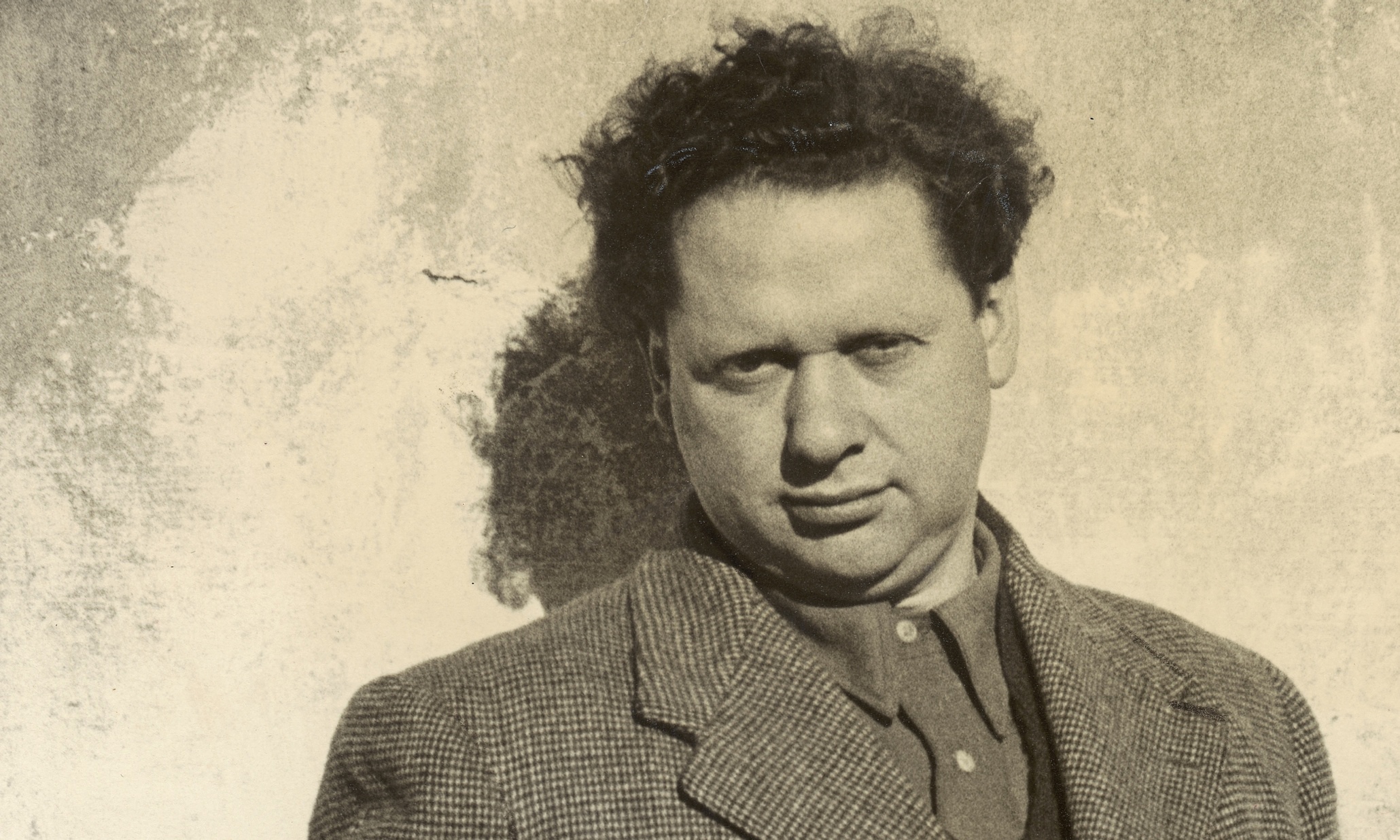
Another wonderful eccentric comedian whose act mainly consisted of "Ooohs!" "AaaahS" "O no missus!" and camp innuendo. Apparently the script writers had to include all the asides- the oohs, the aahs etc. in the actual script!
Wikipedia says-
"Howerd was born the son of a soldier, Francis A. W. Howard in York, North Yorkshire, England, in 1917 (not 1922 as he later claimed). He was educated at Shooters Hill Grammar School in Woolwich, London.[1] His first appearance on stage was at age 13 but his early hopes of becoming a serious actor were dashed when he failed an audition for RADA. He got into entertaining during World War II service in the army. Despite suffering from stage fright he continued to work after the war, beginning his professional career in the summer of 1946 in a touring show called For the Fun of It.
He soon started working in radio, making his debut at the start of December 1946 on the BBC Variety Bandbox programme with a number of other ex-servicemen. His fame built steadily throughout the late 1940s and early 1950s (aided by material written by Eric Sykes, Galton and Simpson and Johnny Speight). In 1954, he made his screen début opposite Petula Clark in The Runaway Bus, which had been written for his specific comic talents, but he never became a major film presence. The film was so low budget that because they could not afford scenery, background and such, they used a fog generator so that little was visible other than what was being filmed. The film was an immediate hit.
When he began experimenting with different formats and contexts, including stage farces, Shakespearean comedy roles, and television sitcoms, he began to fall out of fashion. After suffering a nervous breakdown at the start of the 1960s, he began to recover his old popularity, initially with a season at Peter Cook's satirical Establishment Club in Soho in London. He was boosted further by success on That Was The Week That Was (TW3) in 1963 and on stage with A Funny Thing Happened on the Way to the Forum (1963–1965), which led into regular television work. In 1966 and 1967, he did a 90 minute Christmas show called The Frankie and Bruce Christmas Show with Bruce Forsyth, featuring many top acts of the day. He was awarded an OBE in 1977.
With Petula Clark in The Runaway BusThrough the 60's and 70's, Howerd did a number of shows for BBC and Thames (as well as Frankie Howerd Reveals All for YTV in 1980). Ray Galton and Alan Simpson wrote for him from 1964-1966 when he worked for the BBC and also for a one-off show for Thames: Frankie Howerd meets The Bee Gees (shown 20th Aug 1968). He was famous for his seemingly off-the-cuff remarks to the audience, especially in the show Up Pompeii!, which was a direct follow-up from Forum. His television work was characterised by addressing himself directly to the camera and littering his monologues with verbal tics: "Oooh, no missus", "Titter ye not", and so on but a later sale of his scripts showed that the seemingly off-the-cuff remarks were all planned. Another feature of his humour was to feign innocence about his obvious and risqué double entendres while mockingly censuring the audience for finding them funny.
Howerd's face was a gift to comedy but a testament to tragedy. When a reporter wrote that he had a face like "a landslide of sadness", Howerd got in touch with him to say how right that was."
Three tracks from the CD "The Best of British Comedy" on the Disky label.
Frankie Howerd - Song And Dance ManFrankie Howerd - I'm Nobody's BabyFrankie Howerd - It's Alright With Me



